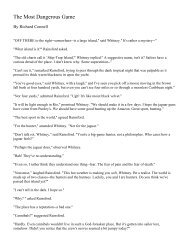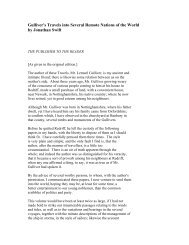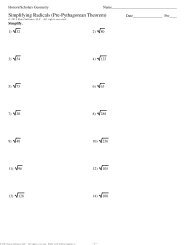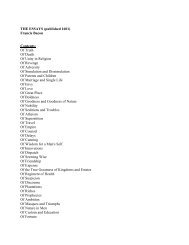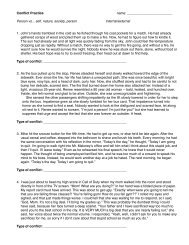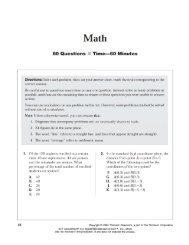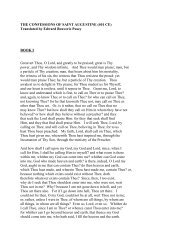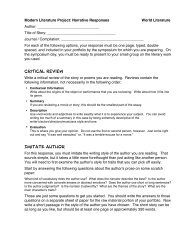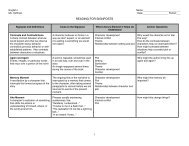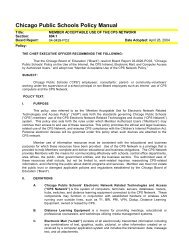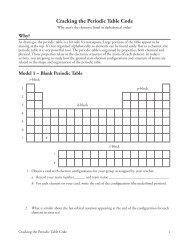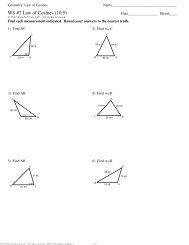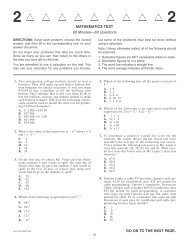CONFUCIUS THE ANALECTS
CONFUCIUS THE ANALECTS
CONFUCIUS THE ANALECTS
Create successful ePaper yourself
Turn your PDF publications into a flip-book with our unique Google optimized e-Paper software.
CHAP. X. 1. Tsze-chang having asked how virtue was to be<br />
exalted, and delusions to be discovered, the Master said, 'Hold<br />
faithfulness and sincerity as first principles, and be moving<br />
continually to what is right;-- this is the way to exalt one's virtue.<br />
2. 'You love a man and wish him to live; you hate him and<br />
wish him to die. Having wished him to live, you also wish him to<br />
die. This is a case of delusion.<br />
3. '"It may not be on account of her being rich, yet you come<br />
to make a difference."'<br />
CHAP. XI. 1. The Duke Ching, of Ch'i, asked Confucius about<br />
government.<br />
2. Confucius replied, 'There is government, when the prince is<br />
prince, and the minister is minister; when the father is father, and<br />
the son is son.'<br />
3. 'Good!' said the duke; 'if, indeed; the prince be not prince,<br />
the minister not minister, the father not father, and the son not son,<br />
although I have my revenue, can I enjoy it?'<br />
CHAP. XII. 1. The Master said, 'Ah! it is Yu, who could with<br />
half a word settle litigations!'<br />
2. Tsze-lu never slept over a promise.<br />
CHAP. XIII. The Master said, 'In hearing litigations, I am like<br />
any other body. What is necessary, however, is to cause the people<br />
to have no litigations.'<br />
CHAP. XIV. Tsze-chang asked about government. The Master<br />
said, 'The art of governing is to keep its affairs before the mind<br />
without weariness, and to practise them with undeviating<br />
consistency.'<br />
CHAP. XV. The Master said, 'By extensively studying all<br />
learning, and keeping himself under the restraint of the rules of<br />
propriety, one may thus likewise not err from what is right.'<br />
CHAP. XVI. The Master said, 'The superior man seeks to<br />
perfect the admirable qualities of men, and does not seek to perfect<br />
their bad qualities. The mean man does the opposite of this.'




